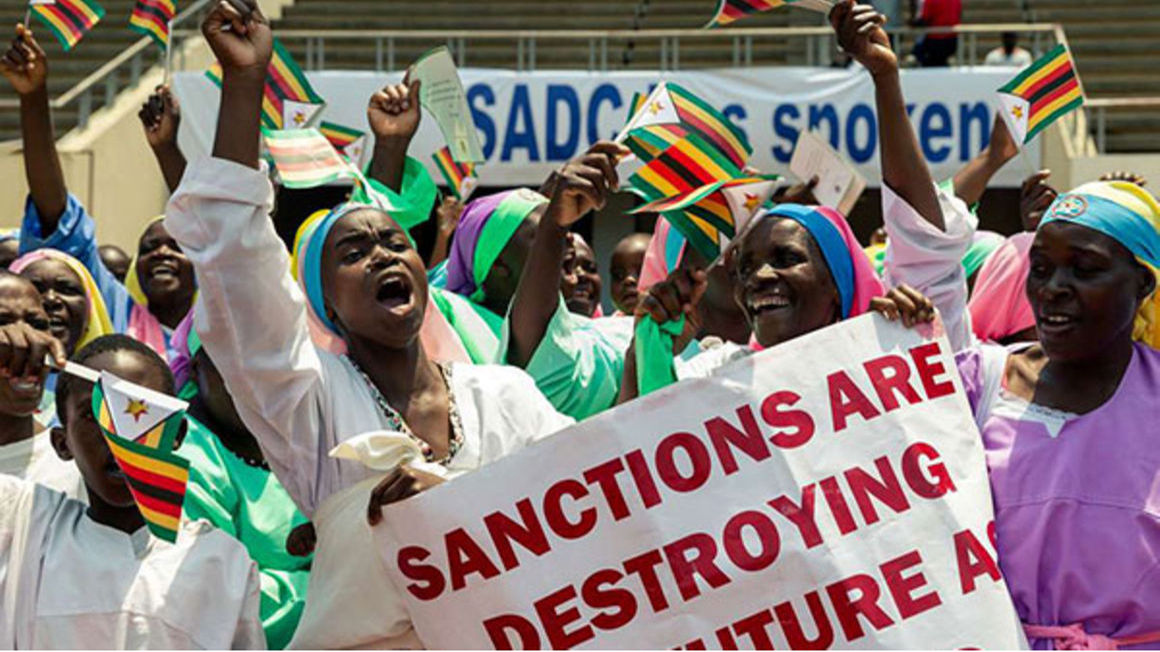The United States took a significant step on Monday by imposing sanctions on Zimbabwean President Emmerson Mnangagwa, First Lady Auxillia Mnangagwa, Vice President Constantino Chiwenga, and eight other senior officials. The US Department of the Treasury’s Office of Foreign Assets Control accused the 11 individuals and three entities of involvement in corruption or serious human rights abuses.
President Mnangagwa stands accused of protecting gold and diamond smugglers operating in Zimbabwe, directing government officials to facilitate the sale of these precious resources in illicit markets, and accepting bribes in exchange for his services, among other offences. US Secretary of State Anthony Blinken stated that they were designated under the Global Magnitsky sanctions programme.
These designations mark a new sanctions policy towards Zimbabwe, implemented by the United States following President Biden’s approval of a new Executive Order terminating the Zimbabwe sanctions programme that had been in effect since 2003. Additionally, President Biden signed an executive order on Monday that terminates Zimbabwe’s national emergency and revokes Zimbabwe-specific sanctions. The administration is now using a Trump-era executive order that implements the Global Magnitsky Human Rights Accountability Act as its authority to issue the sanctions.
As a result of the designations, all property and interests in the property of the designated persons that are in the United States or under the control of US persons are blocked. However, the White House clarified that “sanctions on these individuals and entities do not represent sanctions on Zimbabwe or its public.” The administration reaffirmed its commitment to work with the people of Zimbabwe, support civil society, human rights defenders, and independent media, and take additional measures to hold accountable those who deny Zimbabweans the democratic freedoms and good governance they deserve.

